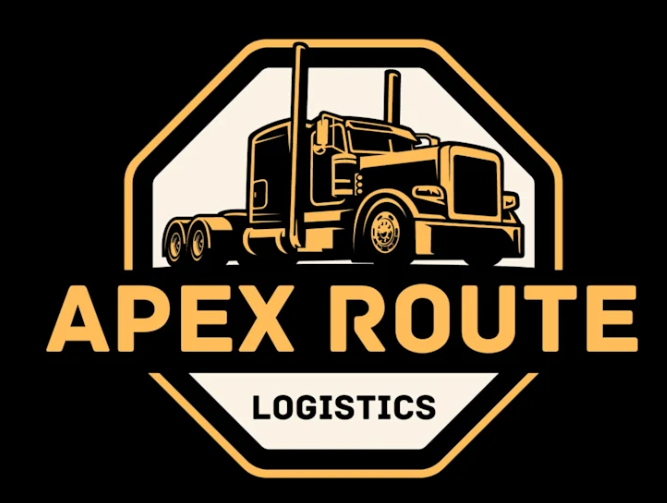Introduction
Freight brokerage is a dynamic and critical component of the logistics industry, serving as the crucial link between shippers and carriers. The role of a freight broker is multifaceted, involving negotiation, communication, and logistics management. Success in this field requires a deep understanding of the industry, robust relationships, and strategic use of technology. This blog will provide essential tips for thriving in the complex and competitive world of freight brokerage.
Understanding the Role of a Freight Broker
A freight broker acts as an intermediary between shippers who need to transport goods and carriers who can move those goods. They are responsible for ensuring that shipments are delivered efficiently and cost-effectively. Freight brokers manage the logistics of transportation, negotiate rates, and ensure that all regulatory requirements are met. By connecting shippers with the right carriers, they play a vital role in keeping supply chains moving smoothly.
Building Strong Relationships with Carriers and Shippers
Strong relationships with carriers and shippers are the backbone of a successful freight brokerage business. Here are some strategies to build and maintain these crucial relationships:
- Reliability: Consistently delivering on promises builds trust. Ensure that shipments are handled efficiently and communicated clearly.
- Communication: Maintain open lines of communication. Regular updates and proactive problem-solving demonstrate commitment to partners’ needs.
- Flexibility: Be adaptable to the unique needs of each shipper and carrier. Flexibility in handling different types of shipments and addressing issues promptly can set you apart.
- Transparency: Being transparent about rates, potential delays, and other issues fosters trust and long-term partnerships.
Leveraging Technology for Efficiency
The logistics industry is increasingly driven by technology, and freight brokers who embrace this trend can gain a competitive edge. Here are key technological tools to consider:
- Transportation Management Systems (TMS): TMS software helps brokers manage transportation logistics, from planning and execution to optimization and reporting. It streamlines operations and improves efficiency.
- Load Boards: Online load boards connect brokers with carriers, making it easier to find suitable transport options quickly.
- Real-Time Tracking: GPS and IoT devices provide real-time tracking of shipments, enhancing visibility and customer satisfaction.
- Data Analytics: Analyzing data can reveal insights into performance, costs, and trends, enabling better decision-making and strategic planning.
Navigating Regulatory Compliance
Regulatory compliance is a significant aspect of freight brokerage. Staying compliant with industry regulations is essential to avoid fines and legal issues. Key areas to focus on include:
- Licensing: Ensure your brokerage is properly licensed and registered with relevant authorities, such as the Federal Motor Carrier Safety Administration (FMCSA) in the United States.
- Insurance: Maintain adequate insurance coverage to protect against potential liabilities.
- Documentation: Keep thorough records of all transactions, agreements, and communications to ensure transparency and traceability.
- Continuing Education: Stay informed about changes in regulations and industry standards through continuous education and training.
Effective Negotiation Techniques
Negotiation is a core skill for freight brokers. Here are strategies to enhance your negotiation capabilities:
- Market Knowledge: Understand current market conditions and trends. This knowledge allows you to negotiate from a position of strength.
- Clear Objectives: Define your goals and desired outcomes before entering negotiations. Know your limits and be prepared to walk away if terms are unfavorable.
- Mutual Benefits: Aim for win-win situations where both parties feel they have gained value. This approach fosters long-term relationships.
- Flexibility: Be open to alternative solutions and compromises. Flexibility can lead to creative agreements that satisfy both parties.
Conclusion
Success in freight brokerage requires a combination of industry knowledge, strong relationships, technological proficiency, regulatory compliance, and effective negotiation skills. By focusing on these areas, freight brokers can navigate the complexities of the industry and achieve sustained success. Embrace these tips and strategies to enhance your brokerage operations and build a reputation as a reliable and efficient partner in the logistics chain.
